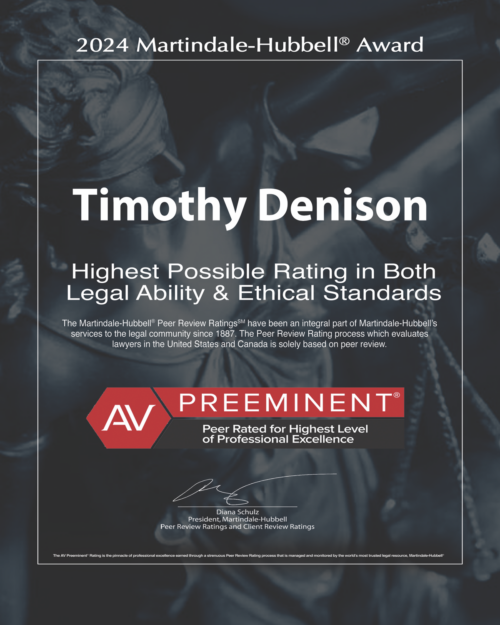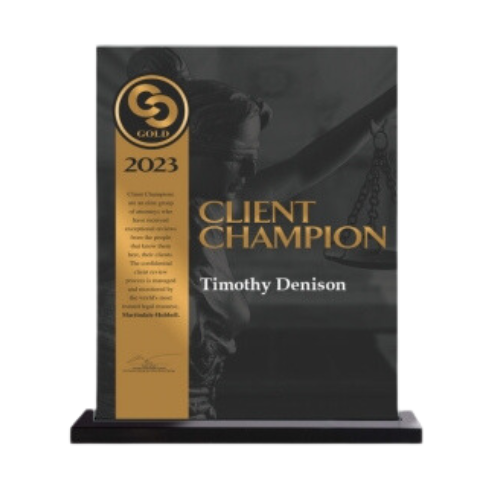PARENTAL MANIPULATION IN CUSTODY CASES
PARENTAL MANIPULATION IN CHILD CUSTODY
Psychological studies and statistics have told us for decades that one of, if not the, most stressful periods in a person’s life events is going through a divorce. This applies equally to both men and women. All the angst, emotion, and resentment that has built up and been kept bottled in can no longer be contained and it explodes. It can manifest itself in a myriad of ways, mostly unhealthy, and impact the various sub-issues present in the divorce.
One such sub area that can be tremendously impacted is in evaluating and determining the proper child custodial arrangements between the parties. It has oft been said that while lawyers see bad people (criminal defendants) at their best behavior, they conversely see good people (divorce litigants) at their worst behavior. While many parents divorcing are able to rise above the emotion, anger and resentment that has developed over the course of the marriage or relationship and put the best interests and needs of the children ahead of their own needs, wants and desires, there are any equal number of parents divorcing who have tunnel vision and cannot see past their own needs, wants and desire, leaving no place for them to accommodate their children’s needs but as a mere afterthought or last in line. Often as not, these parents with tunnel vision actually wind up using their children as pawns in the divorce proceedings to hurt the other parent or gain an advantage in the divorce litigation. We as lawyers, advocates, and officers of the court, have an obligation to exercise (or attempt to exercise) some degree of client control to keep the children from being played by one parent against the other parent.
Some parents, despite their marital differences, are able to simply see and agree to custodial arrangements and parenting time that everyone agrees is in the best interests of the children. Hats off to all parents who have this ability and resolve (or try to resolve) custody and parenting time without direct involvement of the children into what usually develops into protracted legal proceedings that can literally drag on for years. I recently heard Judge Dolly Berry tell a litigant “Since you’ve been divorced, you’ve been back in here about every two months for the past two years wanting to change custody and visitation.” I’m going to decide this once and for all and we are all going to move on with our lives.” I thought that pretty much summed it up overall. Now that is not to say that modifications cannot or should not occur, because as we are all well aware, custody, parenting time, visitation, and child support are always modifiable. By statute, the Court always maintains jurisdiction over these issues because of the ever-changing and evolving nature of the family as a unit itself.
Unfortunately, for those parents who desire to manipulate and hurt others through the use of their children, there are some preventative measures that can be used to derail the use of children as pawns in a custody case. First, either parent who suspects the other parent of tampering can ask the court to appoint a guardian ad litem (GAL) for the child or children. The GAL, once appointed, becomes the attorney for the children and can provide a buffer between a manipulative parent and an innocent child. While it is common practice for the Courts to order the litigants not to speak with the child or children when they are represented by counsel, but suffice it to say that most litigants find it hard to contain their composure when talking to the children, despite the court’s order not to mention the litigation to the child or children.
Another more stringent measure that can be used in severe manipulation cases is the Court’s power of contempt. While it is infrequent that the Court will actually hold a person in contempt for violating the no discussion with child order, it has been used in certain case and has proven a quite effective deterrent for future violations.
Finally, in the most severe parental manipulation of a child cases, a claim for Parental Alienation of Affections may be available to the alienated parent. Generally, the aggrieved parent sees a therapist or other mental health care professional who can make a determination and diagnosis of Parental Alienation Syndrome (PAS) and begin treatment. Once PAS has been identified, the aggrieved parent must then decide whether to pursue a claim against the other parent. In PAS cases, most experts now agree that the proper course of conduct is to completely remove the child from the alienating parent and place them with the alienated parent to effectuate a reunification between the alienated parent and child. Of course, by its very definition, PAS can often cases rely on very subjective factors, thus creating an opportunity for abuse by the parent. PAS complaints should not be taken lightly but must surely be vigorously evaluated by the lawyers and mental health professionals involved in the case.
As previously stated, it is everyone’s responsibility to keep the child or children’s best interests as the true compass for direction and to ensure that we do not enable the manipulation or alienation of any parent child relationship.















